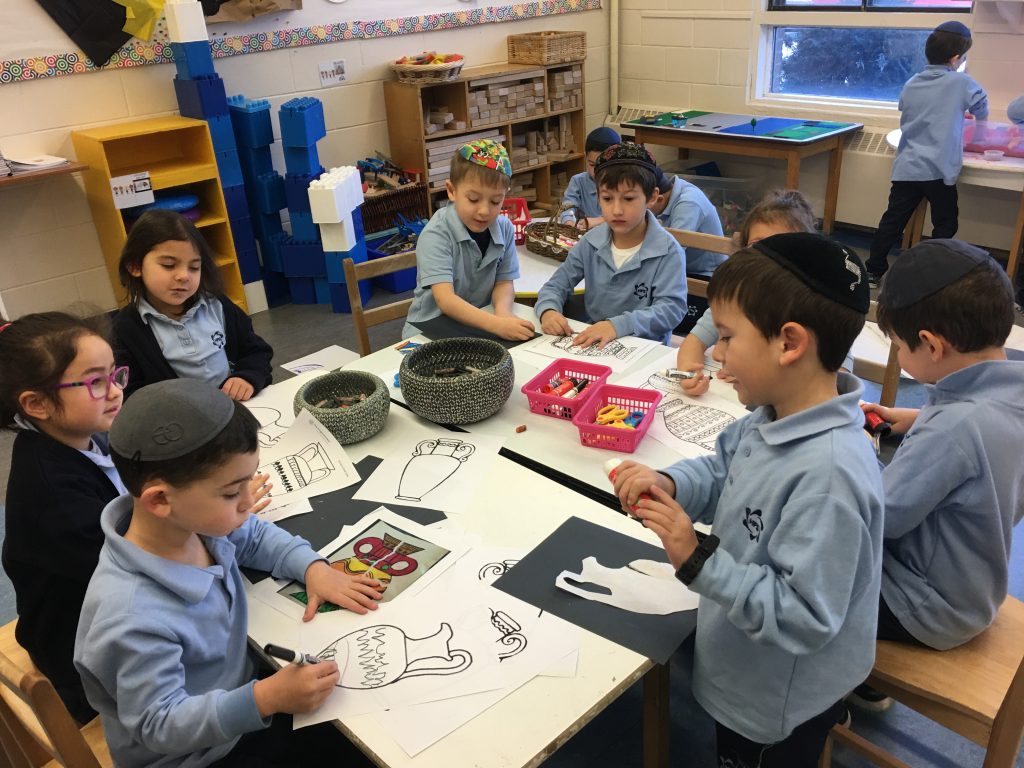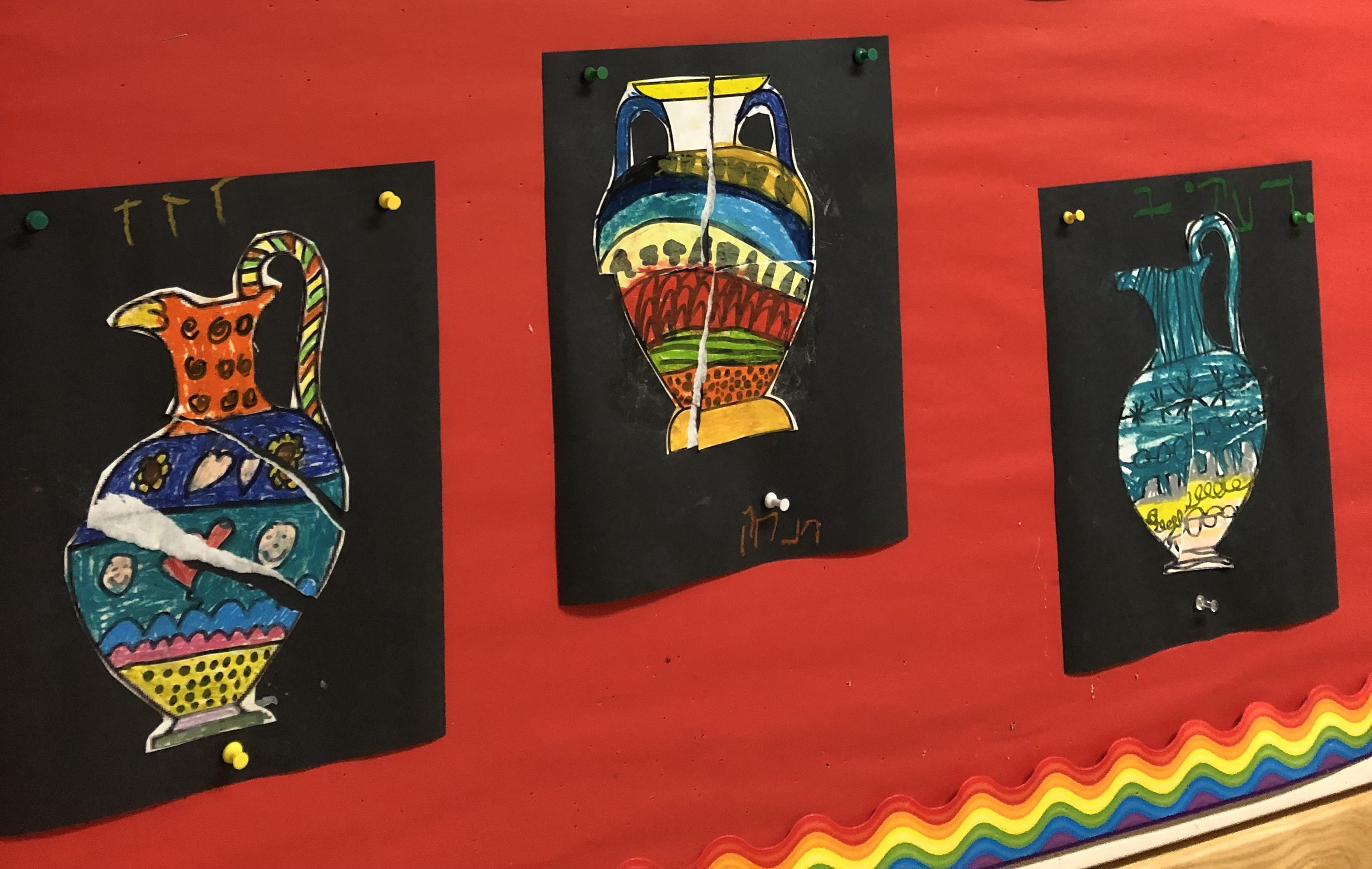Dear families,
It’s always a little disorienting when Chanukah does not fall during the days in December when school is in session. This year, the first light of Chanukah is this coming Sunday night, when we are all on break, on staycations, road trips or away in sunnier climates. While our students have been learning about Chanukah these past few weeks, we have not had the chance to celebrate together with the lighting of the candles as per usual.
So, in the Chanukah spirit, with school winding down, I’d like to share a Chanukah teaching, based on the following account in the Talmud (Shabbat 21b):
“When the Greeks entered the Temple, they defiled all of the oils. After the Hasmoneans defeated them, they searched and found but one cruse of oil, untouched and sealed with the seal of the High Priest. The cruse had only enough oil for one day, but a miracle occurred and they were able to light from it for eight days. The following year they established these days as a holiday for praise and thanksgiving.”
There is so much to unpack in this deceptively simple holiday. Chanukah, with its dueling narratives and critical debates about the nature of what the miracle was, the clash of cultures of Hellenism and Judaism, and the contrast of its outsized popularity in modern Jewish culture with the relative obscurity of its origin story and the minor holiday status accorded it by the rabbis – the holiday is actually representative of so many aspects of who we are as a people, and who we are as individuals.
Like Chanukah, what story do we tell? What do we emphasize? What do we diminish? What parts are we proud to share with the world, and what parts need to stay close to our chest? When we teach about Chanukah or share the best wisdom of Judaism with our children, what do we need to focus on? If we share too much, all at once, it only gets more confusing. If we share too little, then we risk a watered-down understanding of themes that are immensely powerful and potentially life-shaping.
So what do we do? Where do we start?
I think the beginnings of an answer lie in the above Talmudic story, and it is a distillation of a major teaching about Judaism. The Talmud emphasizes the significance of the small jar of oil in the rescue of the Jewish people – not the larger military victory or any of the other facets of the Chanukah story. The sealed jar of pure oil is a metaphor for that little bit of pure and complete faith that resides in the depths of the Jewish soul. It’s the piece of us that no one can take away from us, which nothing can defile or destroy. We’re all a little bit like the Beit Hamikdash, in the state it was recaptured in by the Hasmoneans – we’re all a bit broken and we’re all somewhat damaged, each in our own and unique ways. But we have to search for that part of us that is pure, that is capable of being a light and giving light to others. And then we can start again, and build again.

I think of this when I think of our students; they are so young and they are for the most part blissfully unaware of the challenges that may lie ahead. And so for them, finding that “one cruse of oil, untouched and sealed with the seal of the High Priest” is something that comes naturally and intrinsically – their light is pure and clear and warm and beams from their smiling faces. The harder challenge is for us to find that cruse of oil in other people, the adults, and most of all, in ourselves, with all of our broken pieces and idols strewn everywhere.
But search we must, because it is the only way to be in this world. Everyone has value, hiding as it may be behind so much that is unclean and compromised. Everyone has a spark of the Divine. And it is something we share, and can use to light the way forward.
Have a wonderful vacation and Chag Sameach!
Mar Abba
Head of School

